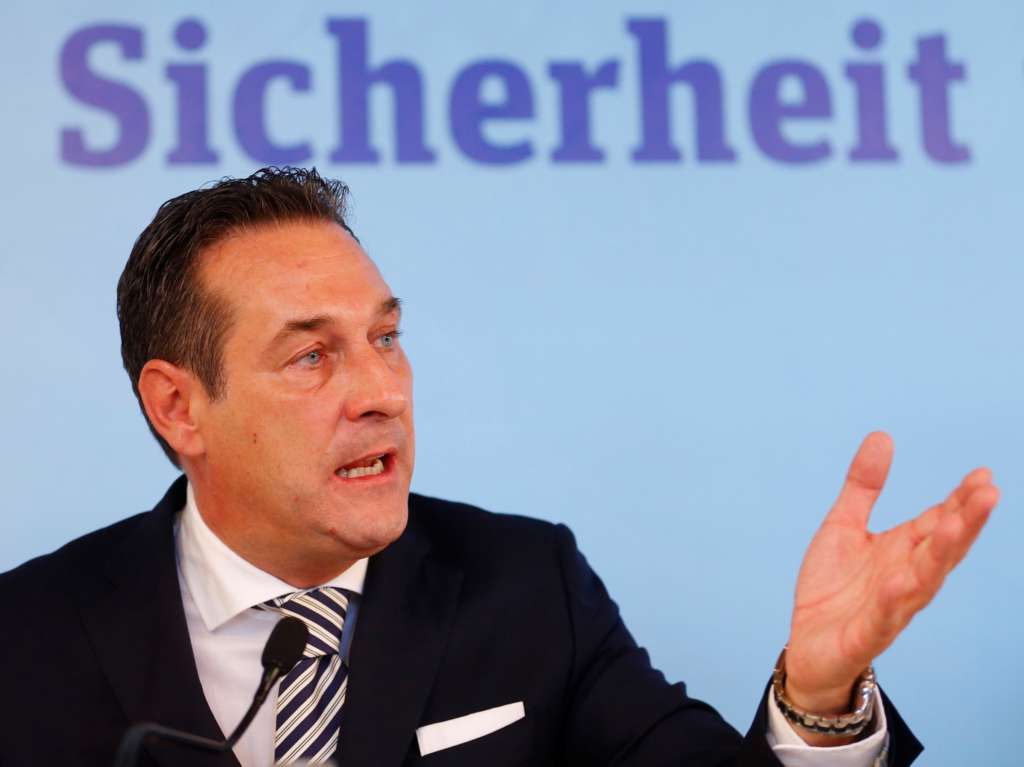Cairo – Many questions have emerged after a report issued by the Amnesty International – on 17 January – revealed that a series of new anti-terrorism laws across Europe will cause discrimination against Muslims and refugees, spreading fears and feelings of alienation.
Amnesty International expert Julia Hall – who wrote the report – said that foreigners and Muslims are being described as terrorists across the regions of the European Union, which is a stereotyped view that will affect these communities and consequently raise fears and concerns among their members.
Recalling Old Past
First, we can see that right-wing parties in Europe aimed to recall the old past-view of Islam in Europe. For example, Head of Austria’s far-right Freedom Party (FPOe) Heinz-Christian Strache announced before his crowds that it’s time to confront the Islamization of Europe, and that banning Islamic religious slogans in the Old Continent has became a must – he also called for the confrontation of asylum waves, which brought 600,000 Muslims to Austria.
Strache and his peers among the European leaderships have recalled speeches on the Fascist Islam, which – for them – is known with its hatred for woman and its opposition to liberalism and freedom values.
Thus, the arrival of the Austrian right-wing Leader’s peers to the rule in Germany, Italy, France, and Britain will be a disaster for Europe. These prospects urged the British Daily Mail to publish a report in which it warned from the possibility of Europe drifting to religious wars in the few coming years as a rejection to transform it into a Muslim continent.
The newspaper reported that the roots of this crisis emerged in 2015 when Germany received 1.5 million refugee with the majority of them being Muslims. The ascension of fundamentalist voices in Europe has also attracted Americans’ attention, despite the problems which they already suffer from including ethnic and cultural disturbances – mainly Islamophobia.
Surprisingly, the European fundamentalist voices exploit negative views and misunderstandings to exaggerate their incitement – and although we are now living in the second decade of the 21th century but economic, social, and personal basis remain the main reasons behind conflicts and disputes between Europe and East.
According to Samuel Huntington’s theory, non-Christian voices in the Eurasian pole – supporting the European fundamentalism – contribute in inciting wars and disputes between Europe and the East.
In October 2016, the Chief Rabbi of Moscow, Pinchas Goldschmidt, warned Europeans from the “radical Islam” (as he described) on their territories. Goldschmidt considered that this “radicalism” threats the Jewish existence in Europe.
Goldschmidt is not the only one, for instance, the Buddhist Leader, Dalai Lama, also criticized the German government for receiving Arab and Muslim refugees and said that Germany can never be transferred into an Arabian country.
Cultural Superiority
The European fundamentalism is just another face for the European cultural superiority, which has dominated the European mindset hundreds of years ago. Former Australian Prime Minister Tony Abbott recently stated that Europe should announce its superiority over Islam, and unfortunately his statement found supporting echoes.
Other Factors..
Many other factors have also contributed in the ascension of fundamentalism in Europe starting with the global economic crisis in 2007. This crisis generated many national and popular conflicts, for example; Britons refuse to bear the consequences of the Greek failure – Germans are tired from supporting Italians, Spanish and Portuguese – and the French are angry on everyone else.
This modern nationalism emerged from the heart of financial crises and anger among European countries, however, these countries preferred to unload their anger and concerns on refugees and Muslims.
The European scene seems unstable, in fact, it’s clearly expectable to see more fundamentalism especially amid the decisive upcoming elections across Europe.
However, Europe should reconsider its crises instead of blaming refugees and Muslims for its problems. Perhaps the near future will bring new voices that call for building connection bridges instead of walls and barriers.
